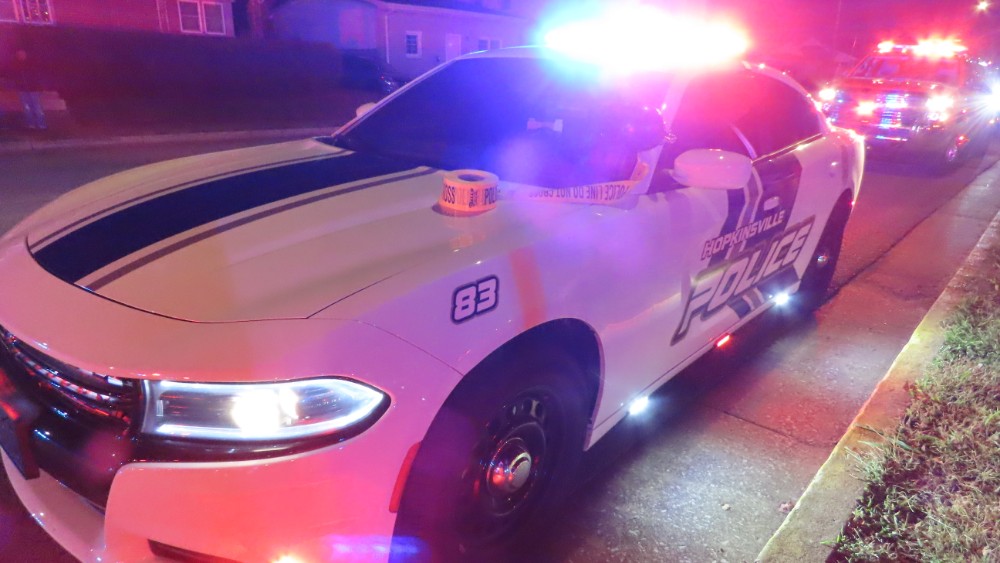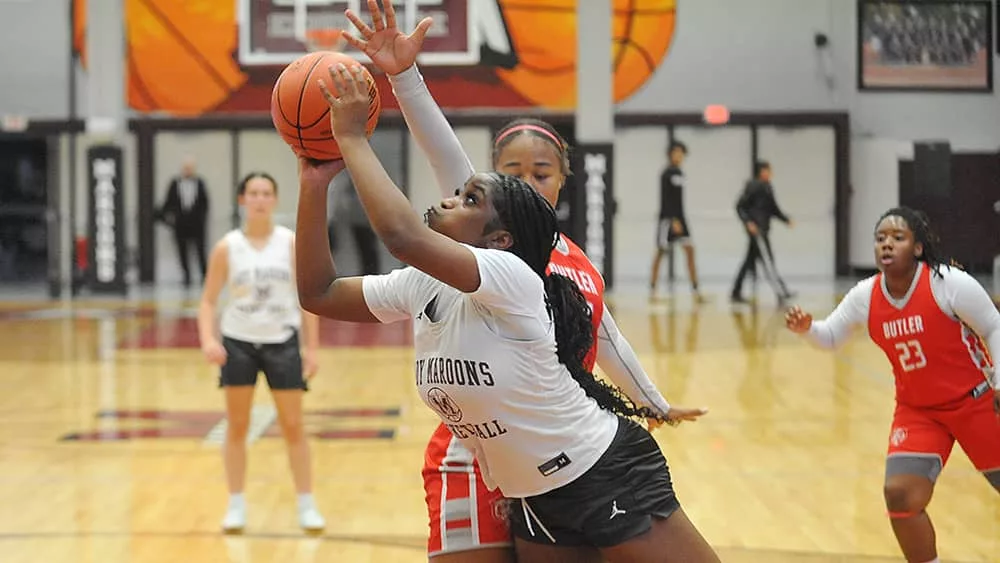
Many from west Kentucky recently traveled to Lexington and Wilmore in the last two weeks — looking to embrace a humble 24/7 revival at Asbury University.
Late Friday, however, health officials from the Commonwealth and Gov. Andy Beshear announced that a Jessamine County resident who attended said revival on February 18 now has a confirmed case of measles.
The resident was unvaccinated against the disease. No further information on the individual will be released, due to HIPPA.
Dr. Steven Stack, commissioner of Kentucky’s Department for Public Health, notes that anyone who attended the revival on this day “may have been exposed,” and those unvaccinated against measles are encouraged to quarantine for 21 days before seeking immunization — which still remains safe and effective.
All reported cases of measles are “thoroughly investigated” in the Commonwealth, particularly by the KDPH. Asbury University, Jessamine County Health Department and the Centers for Disease Control and Prevention are also involved in this particular case, considering it was a large gathering.
Three cases of measles have been confirmed in Kentucky over the last three months. A December 2022 case from Christian County was linked to an outbreak in Ohio. In January 2023, a case in Powell County came with no known exposures or connections to Ohio’s outbreak.
This is the third.
Measles, even now, remain a highly-contagious respiratory virus spread through airborne particles. Early symptoms include a host of upper-respiratory issues — along with fever, cough, conjunctivitis, runny noses, and a characteristic rash often arrives three-to-five days after symptoms begin.
A common vaccine in the United States, the first dose against measles often comes in combination with mumps and rubella vaccinations to children aged 12-to-15 months. A second MMR dose is then often administered at ages 4-to-6, either right before or going into kindergarten and first grade.
Two doses of MMR vaccine in these early years is 97% effective at fully preventing measles, if exposed to the virus.
Recent data released from the CDC indicates that Kentucky’s kindergartners are among the lowest in the nation when it comes to MMR vaccination rates — and remain well below the state’s 2030 target of 95%.





